Presentations
- Phonemic Awareness – What is it really? Testing it and Teaching it for kids who struggle
presentation to SPELD Qld, BRISBANE (by Dr Jason McGowan) - Dyslexia – What is it and how to help
presentation to SPELD Qld, BRISBANE (by Dr Jason McGowan – adapted from notes by Dr Craig Wright) - Interventions and Special Consideration
presentation at a Child Development Network Seminar for Learning Support Teachers, BRISBANE (by Dr Jason McGowan) - Working Memory Strategies for Reading and Spelling
presentation at a Child Development Network Seminar for Learning Support Teachers, BRISBANE (by Dr Jason McGowan) - Dyslexia, Interventions and Clinical Education
presentation to SPELD Qld, ROCKHAMPTON (by Dr Jason McGowan, 26 April 2012) - Working Memory: Relationship to Learning Disability (Notes only)
presentation to Catholic Diocese Learning Support Teachers’ Conference, ROCKHAMPTON (by Dr Jason McGowan, 14 March 2013) - COGMED and Literacy Disability – A Clinical Approach
presentation to COGMED World Conference, DALLAS, TEXAS (by Dr Michale McDowell and Dr Jason McGowan, April 2013) - Meeting Literacy Challenges
presentation to Nudgee College Teaching Staff, BRISBANE (by Dr Jason McGowan, December 2013) - Dyslexia and Working Memory
presentation to Brisbane Montessori School Teaching Staff, BRISBANE (by Dr Jason McGowan, 12 February 2014) - Dyslexia – Meeting the Needs of All
presentation to Learning Difference Convention, SYDNEY (by Dr Gavin Reid, 6 – 7 August 2014) - Literacy – Turning Daunting into Doable
presentation to Nundah State School (by Dr Jason McGowan, April 2015) - Art and Science of Learning – Identifying and Managing Literacy Struggles in 4 – 7 Year Olds
presentation to “The Source” (by Dr Jason McGowan, 6 September 2016) - Literacy Challenges in the Classroom
presentation to Buranda State Primary School (by Dr Jason McGowan, 18 April 2017) - Literacy Care Foundation Inauguration Meeting
presentation to members (by Dr Jason McGowan, 4 May 2017) - Literacy and Learning Challenges and the Classroom
presentation to Samford State Primary School (by Dr Jason McGowan, 8 May 2017)
(NOTE: When printing slides from PDF files you can print ‘Multiple pages per sheet’ under Page Scaling.)
Articles
The following articles are on a number of literacy and memory related topics. They are not specific to Literacy Care but they do demonstrate the theoretical and evidence base on which Literacy Care bases its work.
Dyslexia, Literacy, Learning and Interventions
- Treatment Resistors – A Clinical Educator’s Point of View (by Dr Jason McGowan)
- Treatment Resistors – An Academic Educator’s Point of View (by Dr Louise Mercer)
- Anxiety (A CDN Publication)
- Assess and Assist (by Dr Jason McGowan)
- Management Goals for Dyslexia (A CDN Publication)
- Next Steps: Should I be Concerned? – A Helpful Guide for Parents who are Concerned about Their Child’s Early Reading Skills (written by Deanna Stecker)
- Non Verbal Learning Disability (by Dr Michael McDowell – Paediatrician, CDN)
- Parent Tips – Tips for Parents of Preschoolers
- Spelling – The Connection to Reading Skills (from LD Online)
- Understanding Phonological Processing (Edited by Dr Jason McGowan)
- 9 Components of Effective Reading Instruction (a Reading Rockets publication)
- Male vs Female Difference Found in Georgetown Dyslexia Research
- Literacy Challenges in the Classroom
Handout for Professional Development at Buranda State School 18 April 2017 (by Dr Jason McGowan)
COGMED Specific Articles
Abstracts
Picture Naming Deficits in Developmental Dyslexia: The Phonological Representations Hypothesis
By Denise Swan, and Usha Goswami
*Abstract Only *
The picture and word naming performance of developmental dyslexics was compared to the picture and word naming performance of non-dyslexic (“garden variety”) poor readers, reading age, and chronological age-matched controls. The stimulus list used for both tasks was systematically manipulated for word length and word frequency. In order to examine picture naming errors in more depth, an object name recognition test assessed each subject’s vocabulary knowledge of those names which they were unable to spontaneously label in the picture naming task. Findings indicated that the dyslexic and the garden variety poor readers exhibited a picture naming deficit relative to both chronological and reading age-matched controls. Findings also indicated that both groups of impaired readers obtained superior scores in the word naming task than in the picture naming task, while both groups of controls showed no difference in performance across tasks. The dyslexics’ picture naming errors, but not those of the garden variety poor readers, were particularly marked on polysyllabic and/or low frequency words, indicating a possible phonological basis to the picture naming deficit of the dyslexic children. These children also recognized significantly more unnamed target words than all comparison groups, suggesting a particular difficulty in retrieving the phonological codes of known picture names rather than a vocabulary deficit. Results are discussed in terms of dyslexics’ difficulty in encoding full segmental phonological representations of names in long-term memory and/or in processing these representations in order to generate required names on demand.
We thank the teachers and the children of the clinics and the schools who participated in this study. The study was conducted as part of the doctoral thesis of the first author. Support for this research was provided by a Packer Scholarship from the Cambridge Commonwealth Trust to Denise Swan. Address reprint requests to Usha Goswami, Behavioral Sciences Unit, Institute of Child Health, 30 Guilford Street, London WC1N 1EH, U.K.


